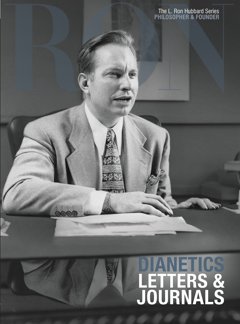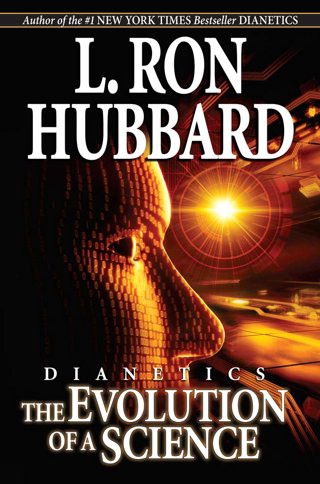About Dianetics
About Dianetics
Blog Article
Dianetics Things To Know Before You Get This
Table of ContentsDianetics for BeginnersRumored Buzz on DianeticsThe 10-Second Trick For DianeticsSee This Report on Dianetics
I could not ever before not wish to obtain anything that comes to mind for you- if it was otherwise, I would not be sitting right here with you, doing this. I not just can never ever have an issue, or not intend to hear something that comes to mind for you, but I'm entirely excited to know every concept, every thought, every photo or feeling that arises or manifests for you- do not ever before assume otherwise, and if for some reason you do, please just allow me recognize! Often, you might have a thought, and photo, idea or incident pop up that does not appear to address the concern, or connect to it, however however, always do inform me regarding it, and as we proceed, the significance will certainly emerge for you.This is fundamental in the basis of handling, and the subject of this conversation: the fundamental roles of the therapist and the client: The standard function of the therapist is, in contrast to "typical training", not to regulate, which implies to apply and/or inhibit, yet to instead function from the basis of EMPOWERING THE CLIENT.

Some Known Details About Dianetics
John Mcmasters revealed this standard reality wonderfully well in among his lectures on Power handling, wherein he explains exactly how he was asked what this "unique knack" was that he had for providing such terrific sessions; he needed to think of that for a minute, and spotted that it was what he had not been doing, in addition to what he was doing: he wasn't reviewing, evaluating, computing, or as a matter of fact, generating any ideas, let alone spoken expressions, after giving the command and while waiting on the PC to finish their solution to their complete satisfaction; he was, just and just, being existing with the computer, and totally interested.
The function of the counselor, demonstrated; that was his "special knack". I have actually had my very own experience which taught me this well, extremely early in the video game. In 1982, having just recently completed my training and internship on New Era Dianetics, I was running this on a PC, and there was a point in the session where (being a bit wet behind the ears not yet having several hours under my belt as a specialist auditor) the PC seemed to be "taking as well long" to reveal anything vocally after I offered him a command.
This trick turned out to be the most important contribution that John ever made to the topic of therapy or bookkeeping (Dianetics). In my simple opinion, it is the best contribution that any person has actually ever before made to these subjectsthe application is entirely non-judgemental, non-evaluative, and without any idea, guidance or opinion.no preconditioned program for people, or 'degrees' that they should do
In Idenics, the only resource of info about a customer is the individual customer. In Scientology we prided ourselves on not assessing for individuals. However all that actually indicated was that the auditor did not VERBALLY examine for the PC in session. The registrars and values police officers evaluated for the computer.
Dianetics Fundamentals Explained

Any individual who had ever seen John audit might not help however notice a special quality in his auditing."The customer's standard role is to be there with the function of relocating the instructions of their spiritual objectives, and to easily and totally express and experience whatever shows up for them in answering the inquiries and executing the directions in the processing.
This is something to procedure as needed. Yet likewise, individuals frequently have previous experience and/or indoctrination in auditing/processing which, somehow, and to some extent, in fact deceives them right into mindsets, concepts and habits patterns that avoid the complete understanding of these roles, therefore they will often tend to hinder the expressing of what enters your mind, as in the examples given above. * The initial, and perhaps primary examples of mis-indoctrination bring about less than completely smooth and reliable sessions, can be located in certain facets of the training routines, or "TR's":"TR's" are often a my latest blog post person's first, or at the very least early, experience in Scientology, and while I will take place to discuss what I view as the problems in concept and method, however, tend to be significantly therapeutic, done as they are provided (Hubbard firmly insists that "TR's are not processing, they are training", yet factually, they are both handling AND training)
Alan Walter made similar observations, and enhanced these with his "Presence Processes". There is no "failing", and no rejection of the reality of this being handling. The emphasis, as it must be, gets on experiencing the various other individual's existence. All the manifestations which obtain a "fail" in doing "TR-0" are merely the being's efforts to resist the various other person's presence, and instead of being pestered and badgered with "Flunk", which imposes "failing!" get redirected here on the being, one simply requires to be encouraged to "stick their feet in the water a little deeper", to progressively rehabilitate their capacity and willingness to fully share and experience "being below", or "existence", with others.
The Greatest Guide To Dianetics

Report this page